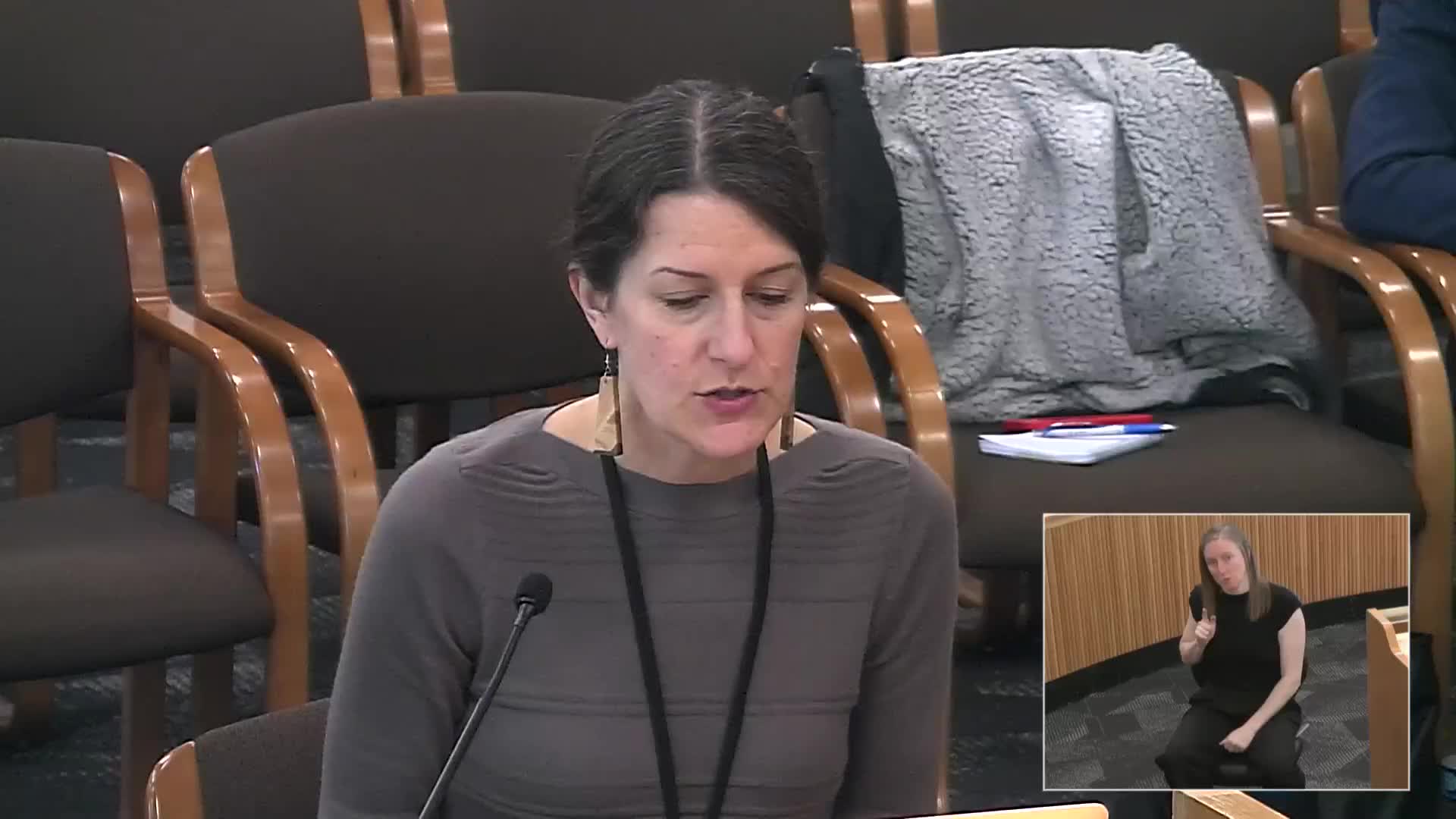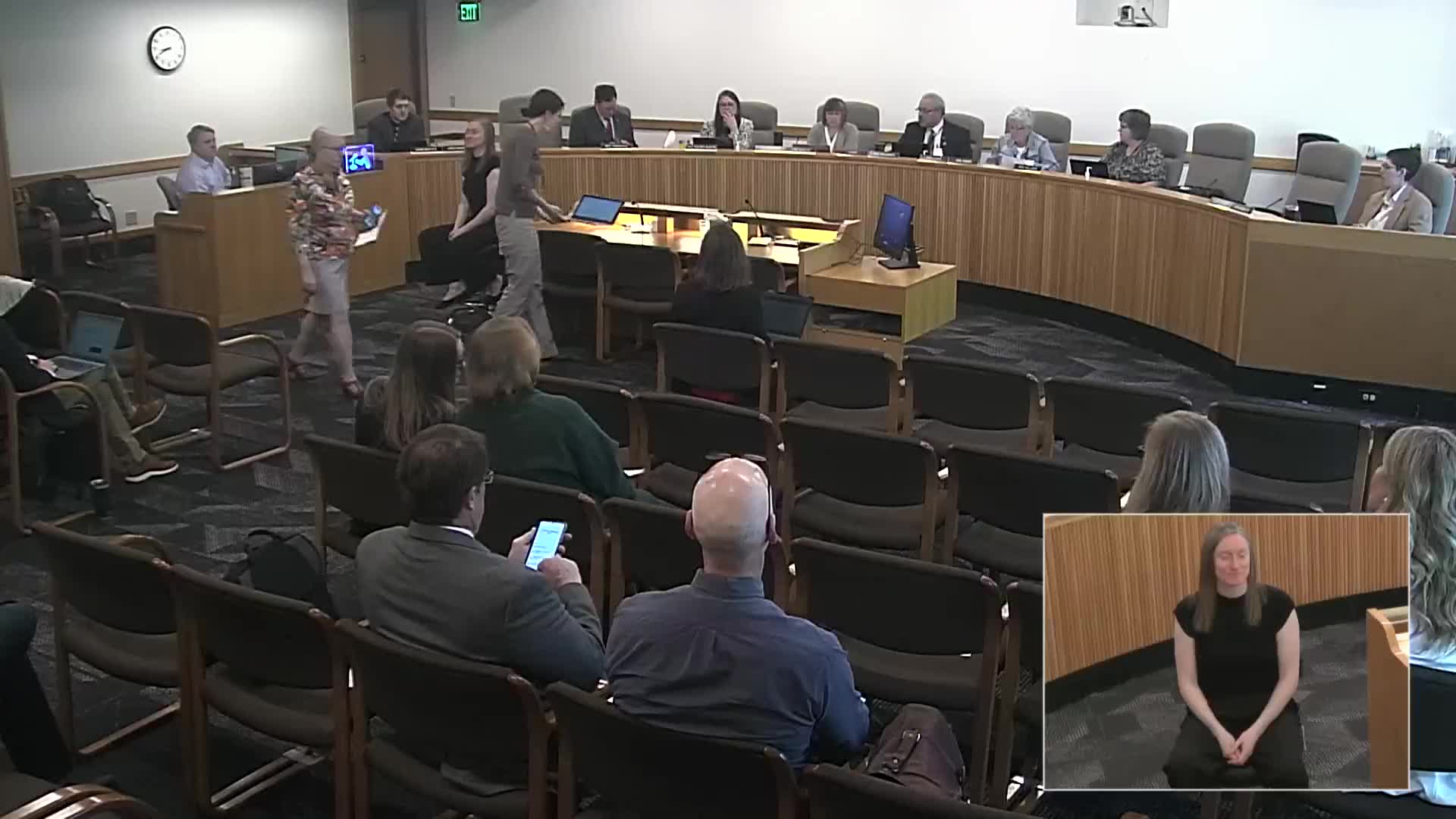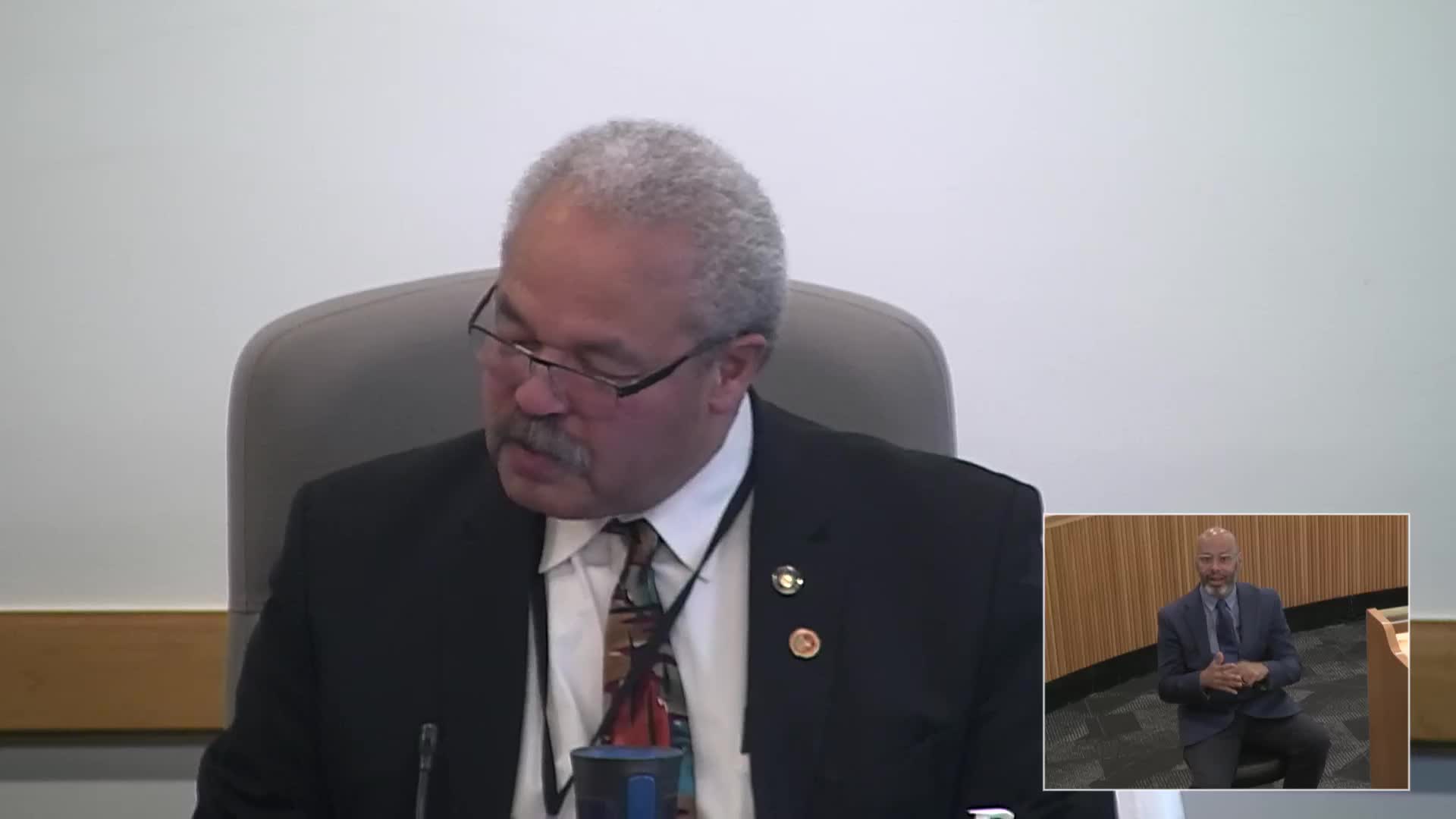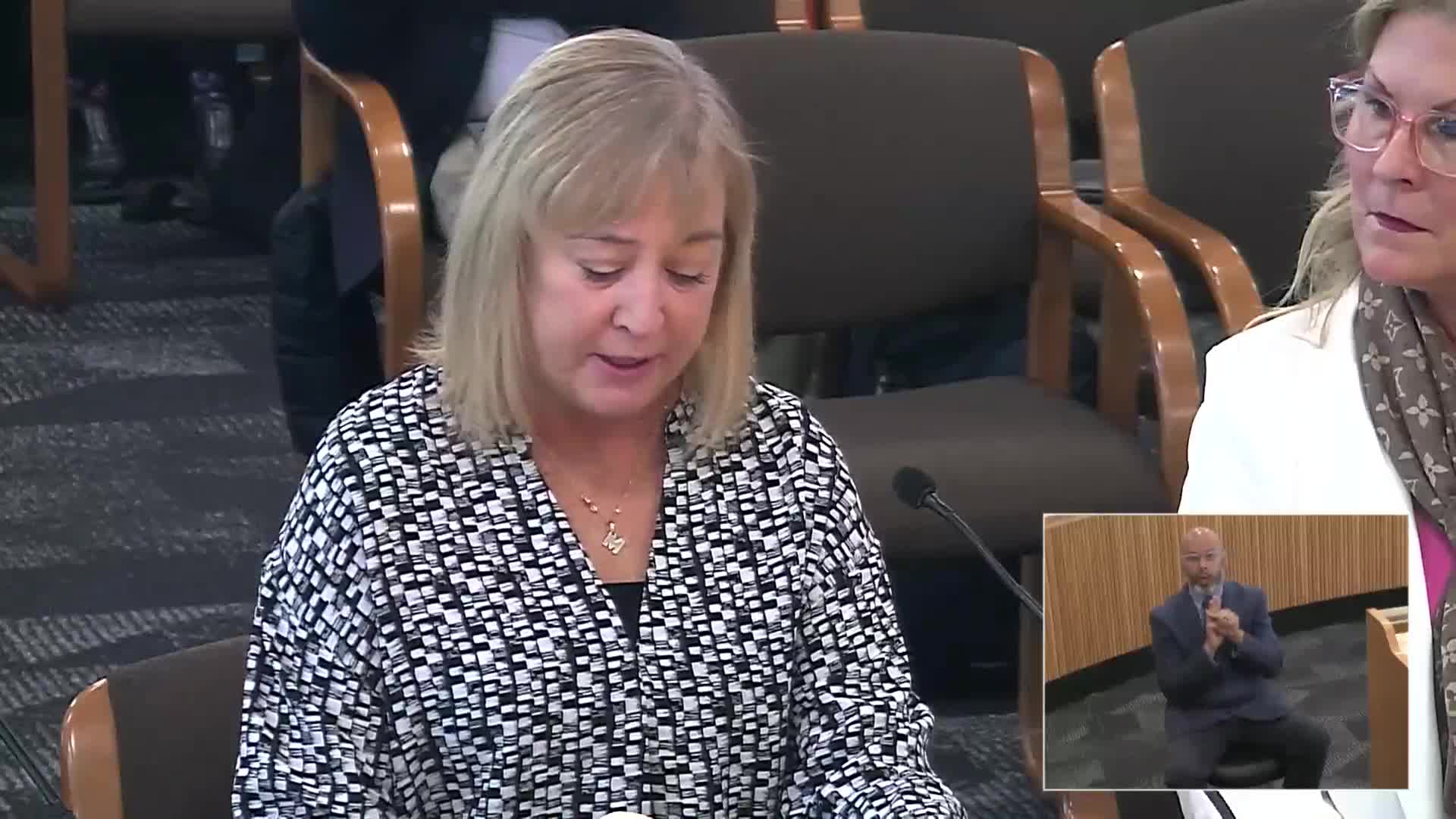Article not found
This article is no longer available. But don't worry—we've gathered other articles that discuss the same topic.

Bill would rework school equity advisory committees to exempt them from public‑meeting rules, sponsors say

Senate committee backs new immediate-accommodations plan for students after concussion

Senate committee hears bill to expand 'brain injury' definition for special-education eligibility

